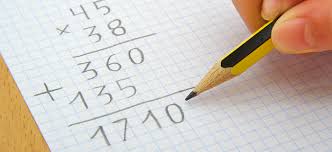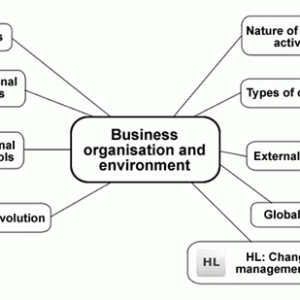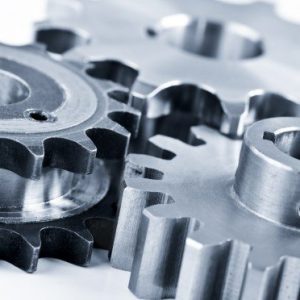Introduction to Engineering Mathematics and Science Principles
Engineers use mathematical and scientific principles, concepts and knowledge of materials in their day-to-day working. This unit gives you the knowledge and understanding you need to apply these principles and concepts to your own engineering role. You will learn about arithmetic and algebra, and apply your knowledge to solve problems. You will learn the principles of statics, kinetics and dynamics, and apply them to solve problems. You will also develop knowledge of the nature of matter and a range of common materials, and their properties. You will learn about how these materials are used and describe how heat treatment has an impact on their performance. You will learn how to identify a range of ferrous, nonferrous and non-metallic materials, and know about the form in which they are obtained. You will also need to know about the properties that make individual materials suitable for particular tasks.
Learning outcomes
On completion of this unit a learner should:
- Be able to use pure maths to solve engineering problems
- Be able to use simple graphs in engineering
- Know the physical and chemical properties of elements and compounds
- Know the physics of engineering systems
- Know the classifications and properties of engineering materials
Where can I contact you if I have questions?
If you have any queries regarding the post above, please contact us here.





Reviews
There are no reviews yet.